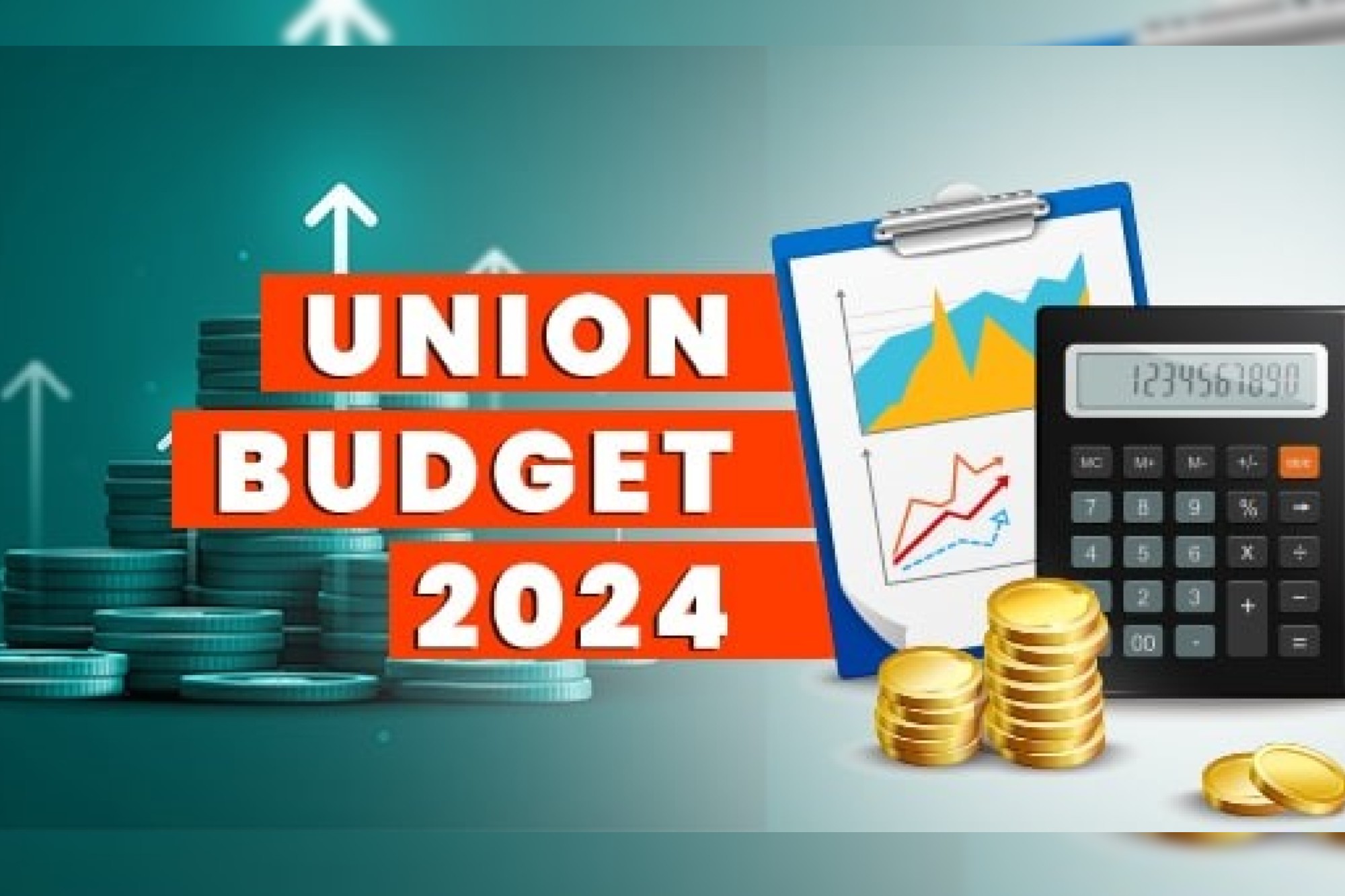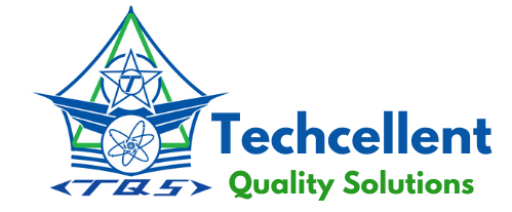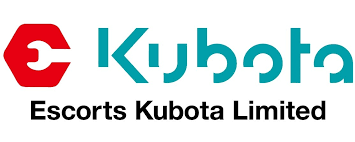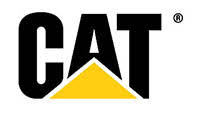Union Budget 2021: The revival mantra for construction and infrastructure
By Edit Team | February 1, 2021 5:54 pm SHARE
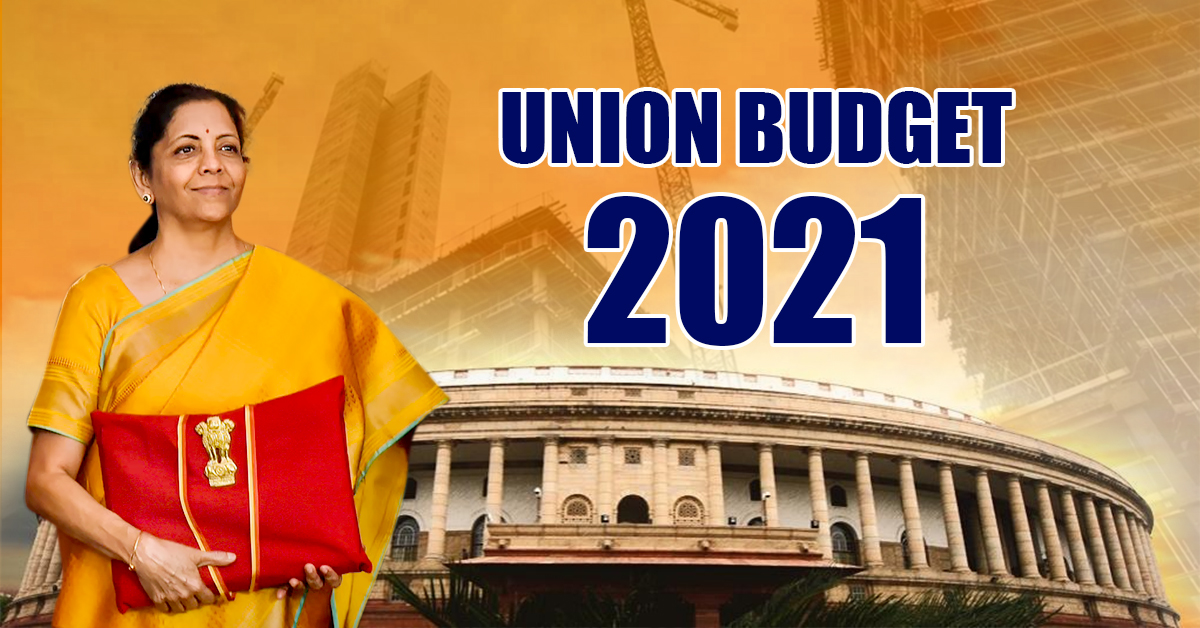
The Union Budget 2021 focuses on spending big on infrastructure and construction sector.
It’s that the time of the year again! The Finance Minister Nirmala Sitharaman has presented the Union Budget 2021 and it is aimed at the revival and reform of the Indian economy. India, like the rest of the world, was ravaged by the Covid-19 pandemic and as a result of this; the economy and growth cutting across sectors took a big hit. The finance minister provided a major boost to construction and infrastructure in Union Budget 2021.
Nirmala Sitharaman in her budget speech focussed on six pillars for India’s growth, which includes Health and well-being, physical and financial capital and infrastructure, inclusive development for aspirational India reinvigorating human capital, innovation and R&D, minimum government and maximum governance. Apart from this, the ‘Atmanirbhar Bharat’ mission, which was launched in 2020, will continue to make an impact.
The Union minister made a concentrated effort towards spending on infrastructure and construction projects. The infra and construction sector in India has grown leaps and bounds over the last 20-30 years and has played a huge role in India’s development story.
Here are the key takeaways for the construction and infrastructure sector:
- The National Infrastructure Pipeline has been expanded to 7,400 projects. Further, projects worth Rs 1.1 lakh crore have been completed under the National Infra Pipeline. The govt will also introduce a bill to set up DFI providing Rs 20,000 crore to launch the National Asset Monetisation Pipeline to fund new infra projects.
- Highway works in various states including 3,500 km corridor in Tamil Nadu, 1,100 km in Kerala at an investment of Rs 65,000 crore, 675 km in West Bengal for Rs 95,000 crore and 1,300 km in Assam in the next three years.
- An outlay of Rs 1.18 lakh crore for Ministry Of Road Transport and Highways.
- National Highway Authority of India (NHAI) to set up INVITs to attract global funds.
Satish Kumar Agarwal, Chairman and Managing Director, Kamdhenu Group, gave his opinion on the budget and said, “We are quite positive on the future with the government very bullish and focused on building infrastructure in the country in various areas – agriculture, railways, health, roads, housing and affordable housing etc. So overall there is expected to be a lot of infrastructure building activities in the coming future and all that would need our products including paints. The recovery of our economy will be construction and Capex led and we are well prepared to play our role. We are back to our pre-Covid manufacturing capacity and ready to take on the new opportunities that may come our way and contribute our best to the mission of a $5 trillion economy and nation-building.”
Rama Kirloskar, Director, Kirloskar Brothers Ltd, said, “This Budget assumes greater significance as it comes amid the Covid-19 pandemic, which has led to a massive economic disruption in India and around the world. The government’s aim to spend Rs 1.97 lakh crore on various PLI schemes over the next five years, is a step in the right direction. This move is likely to attract global players in the Indian manufacturing sector as the government is planning to offer plug-and-play infrastructure. The special focus on manufacturing will also assist in augmenting Foreign Direct Investment (FDI) in this sector which is undoubtedly the need of the hour.
The announcement to extend social security benefits to gig and platform workers is also a significant move considering that it now forms an important part of the economy. Minimum wages to all categories of workers will ensure economic development of the blue-collar workforce and will impact around 15 million gig workers in India. The move to allow women to work in all categories and also in night shifts with adequate protection will ensure more participation of women in the workforce and further boost economic development.
The Budget 2021 also addresses the needs of the unorganized labour force, with the proposal to launch a portal to collect relevant information on gig workers, building/construction workers, among others. This will help formulate health, housing, skill, insurance credit and food schemes for migrant workers. This proposal is indeed required to make India’s workforce future-ready.”
Vamsi Gaddam, Joint Managing Director, Visaka Industries Ltd, said, “Tax exemptions already exist for developers of affordable houses. Further interest deductions available from income tax on loans borrowed up to Rs 45 lakh on affordable houses. These benefits have been extended for one more year till March 2022. This augers well for the business and our building material products usage will definitely see an uptick.”
Paul Wallett, Regional Director for Trimble – Middle-East and India region, opined his views on the Union Budget 2021 and said, “Budget 2021 announcement is focused on the nation’s growth and brings a positive sentiment to the overall economy. The announcement of Increased capital expenditure, allocation of Rs 2,000 crore for DFI’s and push into asset recycling will put the Indian infrastructure industry in a route to recovery. We believe that the prioritization of government spending on infrastructure promises to be the much-needed push for economic revival.”
Akshay Hegde, Co-founder & MD, ShakeDeal, welcomed the budget and said, “This year’s budget is pragmatic, positive and business-friendly, which is encouraging for young and fast-growing India. The announcements made during the budget include a tax exemption holiday till March 2022 for start-ups, which is a welcome step. The govt. has also proposed to extend the capital gains exemption for investment in startups by one more year to March 2022. Allowing single person companies will also provide an impetuous to entrepreneurship in the country. We welcome this budget as a progressive step in the right direction with an intention to promote ease of doing business in India and further stimulate the economy while creating jobs.”
Shashi Kiran Shetty, Chairman, Allcargo Logistics, ECU Worldwide and Gati, gave his feedback on the Union Budget 2021. He said, “At a time when the Indian economy has been scaling a fast recovery trajectory, FM Sitharaman has effectively navigated the challenge of balancing fiscal concerns and addressing economic growth. This is further strengthened by the 13 points that outline the vision for a Self-reliant’ or ‘Aatmanirbhar’ nation. In light of the six pillars of this vision namely – health and wellbeing, capital and infrastructure, inclusive development, reinvigorating human capital, innovation and R&D, and minimum government and maximum governance – the initiatives to drive ahead FDI and FII inflows, infrastructure spend and facilitate legal and tax settlements are also noteworthy. Proposals to boost operational contingencies of road infrastructure and build more economic corridors have the potential to increase efficiencies across the logistics ecosystem and simulate regional economies to encourage local entrepreneurial initiatives. The government’s intent to increase the share of green energy in the national energy grid and transition to a zero-carbon fuel regime is in line with its steadfast commitment to sustainability. The proposed one-year extension of tax holiday for affordable housing projects is likely to ensure inclusive housing for the underprivileged and foster community empowerment and resilience.”
George Rajkumar, Country President, Grundfos India commented on the likely transformation of the water industry due to the Budget. He said, “Grundfos India welcomes the additional allocation towards the Jal Jeevan Mission (JJM) by the Department of Drinking Water and Sanitation announced by the honourable Finance Minister. Given that the budget had a very sharp focus on the sustainable economic growth of and the nation overall, it was great to see the focus on one of the crucial issues, that is urban water supply. Keeping the growing water crisis in mind, the decision to dedicate Rs 2.87 lakh crore outlay over five years, for the renowned JJM, which is aimed at a universal water supply in all 4,378 urban local bodies, with 2.86 crore household tap connections and liquid waste management in 500 AMRUT cities is a good one. The move to include liquid waste management backed by the budget allocation of Rs 1,41,678 crore for Urban Swachh Bharat Mission 2.0 is a great step forward to holistically look at sustainable water and wastewater management in India. We hope that this allocation will encourage public and private players to develop innovative solutions for JJM and provide an opportunity to contribute to resolving water issues in the country through advanced water technologies. Furthermore, knowing the fact that we are rich in renewable sources, it is a rational decision to evidently level up the renewable energy allocations, by proposing an additional infusion of Rs 1,000 crore to the Solar Energy Corporation of India and Rs 1,500 crore to IREDA continuing to build on a solarized future.”
The Union Budget 2021 comes at a time when the Indian economy is trying to reach the next level and break barriers. Indian PM Narendra Modi has always emphasised on ‘minimum government and maximum governance’ and the budget gives an outline on this agenda. The litmus test of this budget will be on executing all the plans and schemes and that can be judged only on the next Union Budget day i.e. February 1, 2022.
Cookie Consent
We use cookies to personalize your experience. By continuing to visit this website you agree to our Terms & Conditions, Privacy Policy and Cookie Policy.


